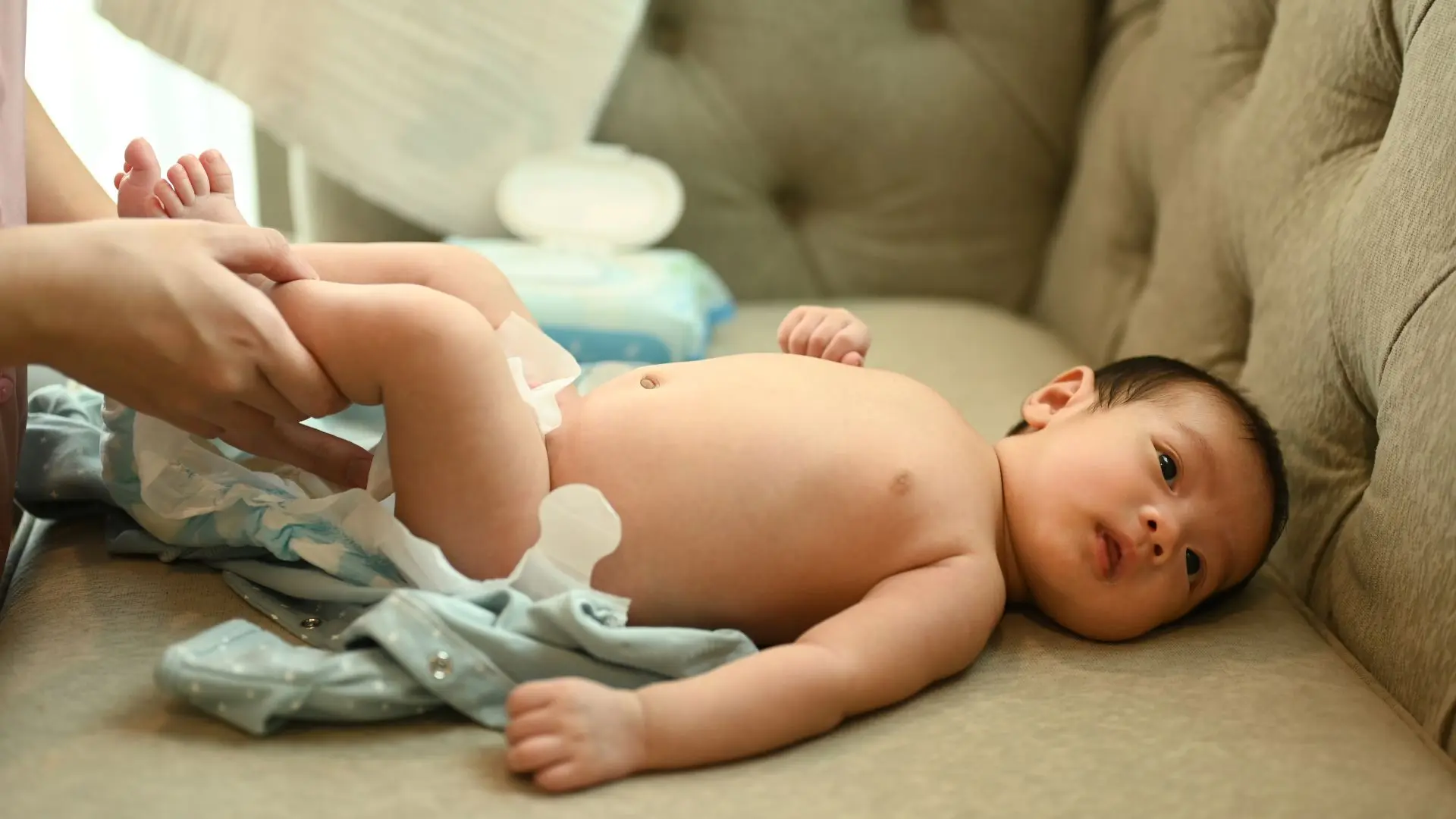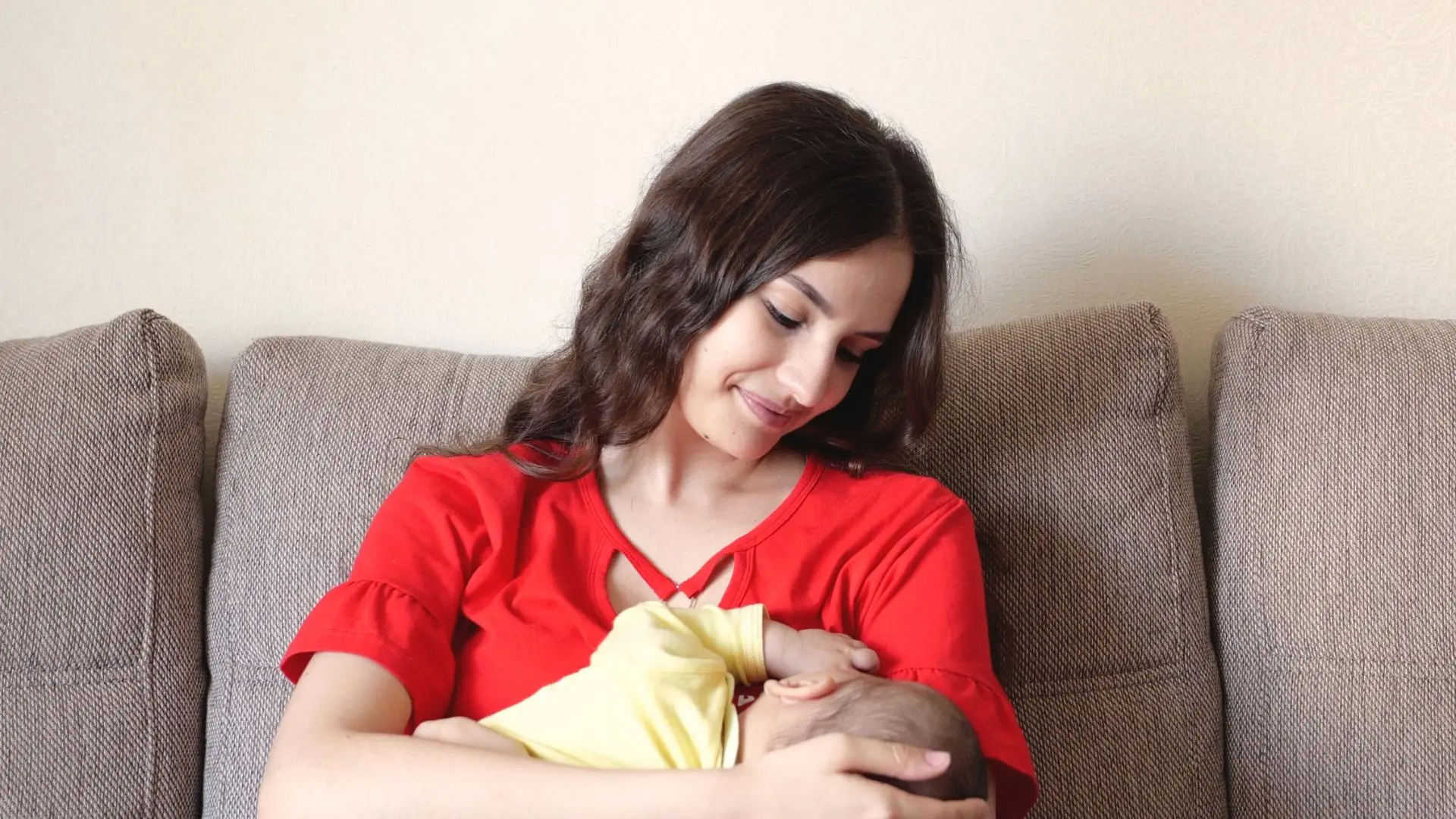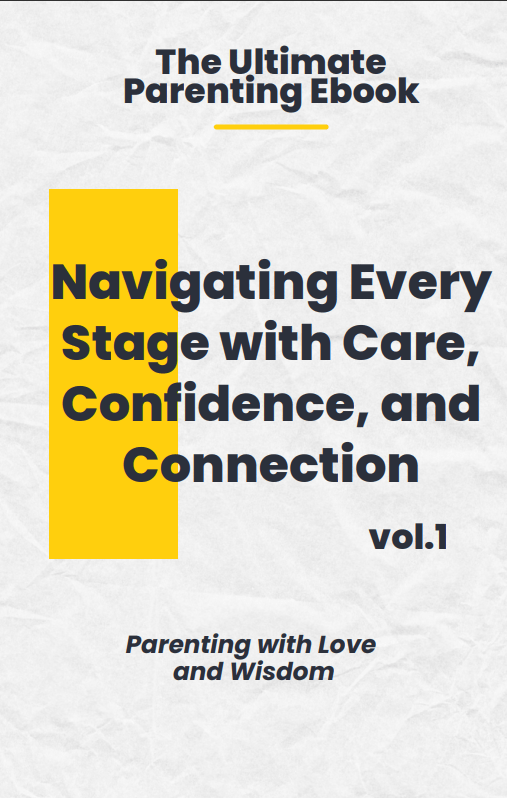Break free from parenting double standards! Learn how to avoid generational trauma and create a balanced, nurturing environment for confident kids. Discover strategies today.
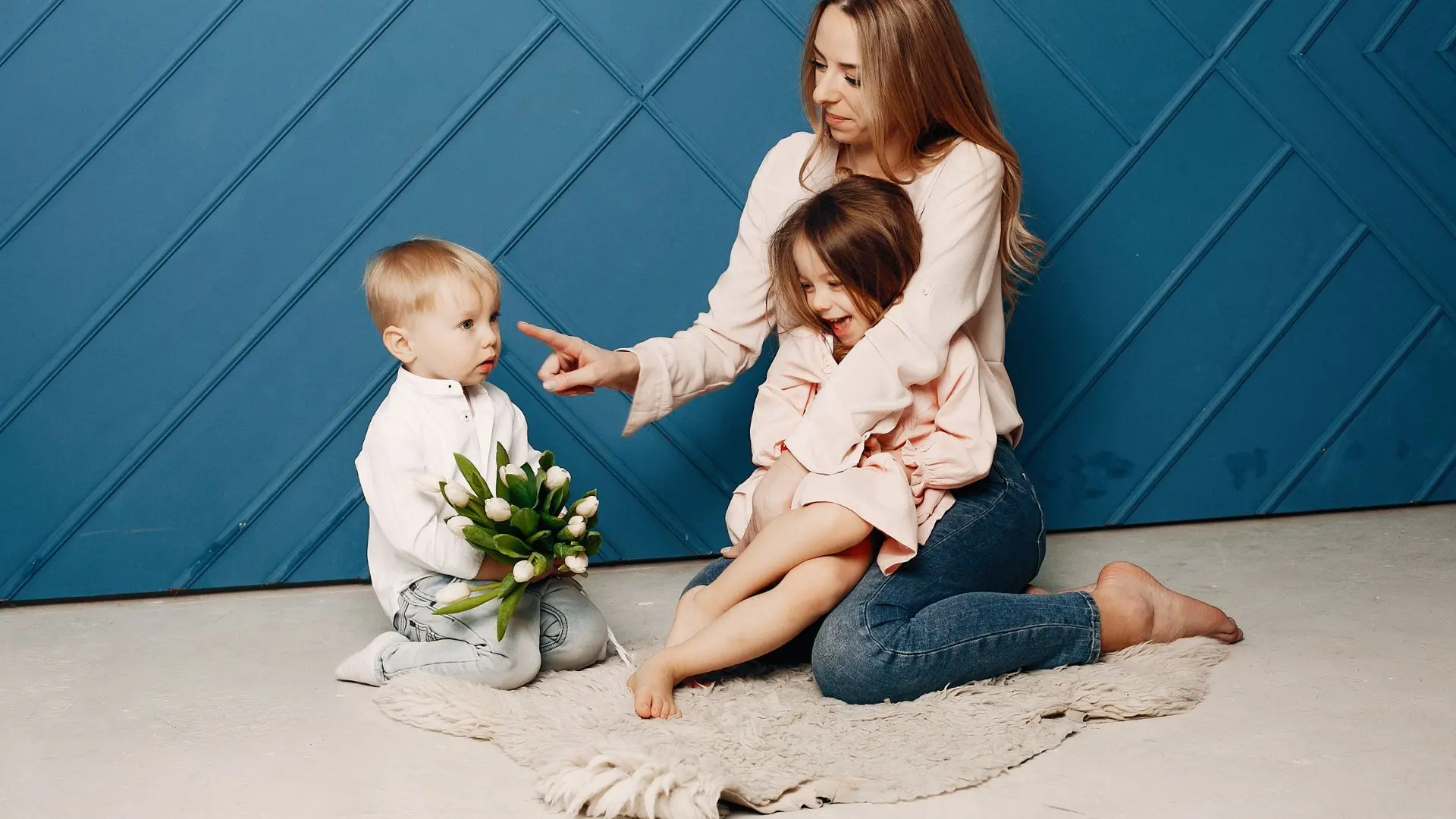
Parenting double standards. It’s a term that might stir a lot of different feelings—maybe even guilt. As parents, we all want to raise confident, balanced children, but the truth is, many of us are unknowingly repeating patterns we experienced as children ourselves.
These double standards aren’t something we consciously choose; they are often the result of generational trauma and the societal norms we were raised with. For many of us, these inconsistencies were passed down from our own parents, who learned them from theirs.
But the good news is, it’s possible to break this cycle. In this blog, we’ll explore how parenting double standards take root in generational trauma, why it’s so crucial to break free from them, and the strategies you can implement to raise healthier, more balanced children.
In This Blog
ToggleWhat Is the Root of Parenting Double Standards?
To understand why parenting double standards are so pervasive, we have to go back a few generations. Many of the parenting styles we see today are not born out of malice or conscious choice but out of inherited behaviors—sometimes rooted in trauma. If you look closely, you’ll see that parenting double standards often echo the very patterns of upbringing that we experienced as children.

Perhaps you grew up in a household where boys were treated differently from girls. Maybe your parents set stricter rules for your sisters than your brothers, believing that girls needed to be “protected” while boys needed to be “toughened up.” Or maybe, as a child, you were expected to shoulder more emotional responsibility because you were the eldest or because you were seen as more mature than your siblings.
These patterns, though damaging, are passed down through generations because they are deeply ingrained. For many, they’re a response to generational trauma—trauma that might not even be recognized as such but that shaped how your parents were raised and, consequently, how you were raised.
Is This Learned from Society?
The society also plays a massive role in reinforcing these double standards. Cultural expectations often dictate that men should be “strong” and women should be “soft.” You see it everywhere—from media to advertisements, to the very way we’re treated in schools and workplaces. It’s no wonder that so many of us subconsciously apply these same standards to our parenting.
For instance, we often praise fathers for doing basic caregiving tasks—taking the kids to the park or changing a diaper—while mothers are expected to do these things without any acknowledgment. When a dad makes dinner, he’s seen as going “above and beyond,” while when a mom does it, it’s just part of her daily duty. This is just one of many examples of societal double standards that we internalize and, ultimately, pass on to our children.
The result? These double standards seep into our homes, often without us realizing it. They shape the way we discipline, the responsibilities we assign, and the emotional expectations we place on our children.
What Are the Effects of Parenting Double Standards on Children?
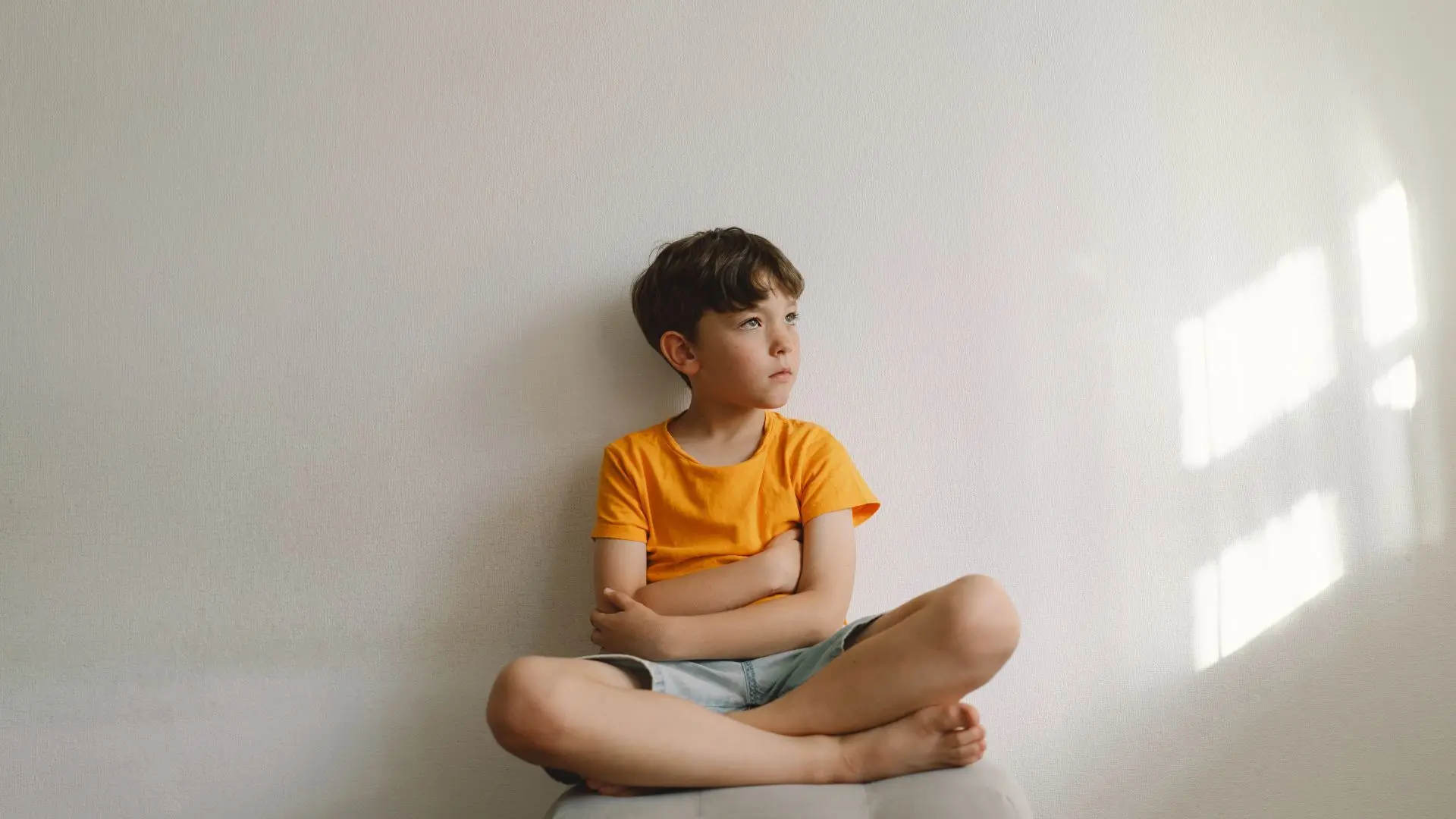
Here are these
1. Emotional Confusion
Children exposed to double standards may struggle to understand their parents’ expectations. For example, if a son is told not to cry, but his sister is comforted when she does, the son may learn to suppress his emotions.
This emotional repression can lead to difficulties expressing feelings in adulthood, affecting relationships.
2. Low Self-Esteem
Unequal treatment can erode a child’s self-worth. If parents praise one child for academic achievements but dismiss another’s artistic talents, the overlooked child may feel inferior.
This lack of validation can lead to low self-esteem, which may persist into adulthood, influencing career and personal choices.
3. Gender Stereotyping
Enforcing different standards based on gender reinforces harmful stereotypes. For instance, telling boys they must be “strong” and girls that they should be “nurturing” limits their development.
As adults, these children may struggle to break free from rigid gender roles, impacting their confidence and social interactions.
4. Sibling Rivalry
Double standards often fuel sibling rivalry. When one child receives preferential treatment, others may feel neglected or jealous.
This can lead to competition and resentment, potentially fracturing sibling relationships that extend into adulthood.
5. Unrealistic Expectations
Children who are held to higher standards due to birth order or gender may feel immense pressure to succeed.
For example, an older sibling might be burdened with extra responsibilities, leading to burnout. As adults, they may struggle with anxiety or perfectionism, constantly feeling the need to meet unrealistic expectations.
6. Emotional Suppression
Boys often face the double standard of being discouraged from expressing emotions. If parents tell a boy to “man up” while consoling a crying daughter, the boy may grow up suppressing emotions.
This emotional numbness can lead to mental health issues such as depression or difficulty forming emotional connections.
7. Inconsistent Discipline
Children subjected to unequal discipline may become confused about boundaries. If a younger child is excused for the same behavior an older sibling is punished for, it creates inconsistency.
This can result in poor impulse control or rebellious behavior in adulthood, as the child may not understand the consequences of their actions.
8. Limited Skill Development
Double standards may limit children’s exposure to essential life skills. If only daughters are taught household chores while sons are not, boys may grow up lacking basic self-sufficiency skills.
As adults, they may struggle with independence, impacting their ability to manage personal responsibilities effectively.
9. Trust Issues
Children who feel unfairly treated may develop trust issues with authority figures. If a parent repeatedly shows favoritism, the child may grow up distrusting others, fearing they will be treated unfairly.
This distrust can affect their relationships with employers, partners, and friends.
10. Internalized Guilt
Children who witness their siblings being treated more leniently may internalize guilt, believing they are somehow at fault for stricter treatment.
For example, if an eldest child is punished for being “responsible” while a younger sibling is forgiven, they may carry guilt into adulthood, leading to an unhealthy desire for perfection or people-pleasing behavior.
This is how parenting double standards can have long-term consequences, shaping a child’s emotional, social, and psychological development well into adulthood.
How To Break the Cycle and Parent Differently?
If you’ve recognized that you might be perpetuating parenting double standards, the first thing I want to say is this: Don’t be too hard on yourself. Parenting is tough, and much of what we do is influenced by the way we were raised.

But the fact that you’re reading this right now means that you’re ready to make a change—and that’s the first step toward breaking the cycle of generational trauma.
Here’s how you can begin to shift your parenting style and break free from those harmful double standards:
1. Reflect on Your Own Childhood
Start by examining your own upbringing. What double standards did you experience? Were you treated differently from your siblings based on gender, age, or expectations of maturity? How did that make you feel?
Reflecting on these experiences can help you identify where your own parenting double standards might be coming from. Once you recognize these patterns, you can start working to change them.
- Journaling Exercise: Write down moments from your childhood when you felt treated unfairly. Consider how these moments may have shaped your views on parenting today. This can be an eye-opening exercise that helps you pinpoint exactly where your biases lie.
2. Acknowledge and Challenge Societal Norms
It’s time to push back against the societal norms that tell us boys should be one way and girls another. Start by recognizing these biases in everyday life—whether in media, at work, or even in conversations with friends and family.
Once you begin to see these patterns for what they are, it becomes easier to avoid applying them to your own parenting. Ask yourself, “Is this expectation I have of my child based on their individual needs, or is it influenced by a societal belief that doesn’t actually serve them?”
- Example: Instead of asking your daughter to help with chores while your son plays video games, try splitting the chores evenly. This teaches both children responsibility and helps them develop important life skills, regardless of gender.
3. Implement Consistent Parenting Strategies
Consistency is key to avoiding parenting double standards. This means setting the same expectations and consequences for all your children, regardless of gender, birth order, or personal biases. If one child breaks a rule, they should receive the same consequence as another child who broke the same rule.
- Create a Family Contract: Sit down with your children and create a family contract that outlines household rules and responsibilities. Make sure these rules apply equally to everyone and stick to them.
Consistency also applies to emotional support. Make sure you’re validating the emotions of all your children, not just the ones who are more comfortable expressing them. Encourage your sons to talk about their feelings just as much as your daughters, and make space for them to be vulnerable.
4. Break the “Mother vs. Father” Divide
As parents, we need to move beyond the outdated idea that mothers are the primary caregivers and fathers are “helpers.” Parenting should be an equal partnership, with both parents taking on caregiving duties and household responsibilities.
This shift doesn’t just benefit your relationship—it sets a powerful example for your children. They learn that caregiving and responsibility are shared, and they grow up understanding that both parents contribute equally to the family’s well-being.
- Actionable Tip: Establish regular family routines where both parents are equally involved in caregiving and household duties. For example, alternate who makes dinner or who helps with bedtime routines. The goal is to show your children that parenting is a shared responsibility, not a gendered one.
5. Foster Emotional Equality
One of the most harmful aspects of parenting double standards is the emotional inequality it creates. We often expect boys to be emotionally stoic and girls to be nurturing and sensitive. But this emotional divide can lead to issues down the road—boys might struggle with vulnerability, while girls might take on too much emotional labor in relationships.
The key is to foster emotional equality in your home. Teach all your children, regardless of gender, that it’s okay to express their feelings and that their emotions are valid. Encourage emotional expression through conversation, journaling, or creative outlets like drawing or music.
- Example: If your son is feeling upset, encourage him to talk about his feelings rather than suppressing them. If your daughter is taking on too much emotional labor—comforting everyone else at the expense of her own needs—help her establish boundaries and remind her that it’s okay to prioritize her own emotions too.
6. Create New Traditions
Finally, start creating new traditions in your home that break away from the double standards of the past. This could be as simple as establishing a family game night where everyone participates equally, or as significant as encouraging both sons and daughters to pursue their passions, whether that’s sports, the arts, or something else entirely.
By creating these new traditions, you’re sending a message to your children that their worth isn’t determined by outdated societal norms or generational expectations. Instead, they are free to be themselves—confident, balanced, and supported.
Conclusion
Breaking free from parenting double standards is no easy task, but it’s one of the most important things you can do for your children. By recognizing and challenging these generational patterns, you’re not only raising healthier, more balanced kids, but you’re also healing the trauma of the past.
You’re setting your children up to grow into confident adults who understand that their value isn’t determined by their gender, their birth order, or the expectations society places on them.
The time is now to break the cycle. Let’s parent differently—not just for our children, but for the generations to come. I challenge you to reflect on your own experiences, identify where double standards might exist in your parenting, and take active steps to change them.
Remember, parenting isn’t about perfection—it’s about growth. So let’s grow together.
Which strategy do you like the most? Tell me in the comment section.
You may also be interested in : Anger Management for Explosive Parents? 11 Ways to Stay Calm When Your Child Acts Out
FAQs
1. What are parenting double standards?
Parenting double standards occur when parents apply different rules, expectations, or treatment to their children based on factors like gender, birth order, or societal norms. These inconsistencies can hinder emotional and developmental growth.
2. How do parenting double standards impact children?
Parenting double standards can cause confusion, resentment, and self-esteem issues. Children treated unequally may feel undervalued, leading to long-term emotional and relational struggles.
3. What role does generational trauma play in parenting double standards?
Parenting double standards often stem from generational trauma. Parents unconsciously pass down learned behaviors, and continuing patterns of unequal treatment, which can negatively impact children’s emotional health.
4. How can I break the cycle of parenting double standards?
To break the cycle, reflect on your own upbringing, challenge societal norms, implement consistent parenting strategies, and foster emotional equality for all children.
5. Are parenting double standards influenced by society?
Yes, societal norms play a major role in shaping parenting double standards, reinforcing outdated gender roles and expectations that influence how parents treat their children differently.
6. Why is it important to eliminate parenting double standards?
Eliminating parenting double standards fosters emotional equality and helps raise confident, well-rounded children who feel valued and understood, regardless of societal expectations.
7. What are some strategies to avoid parenting double standards?
Strategies include consistent discipline across all children, equal division of household chores, fostering emotional expression, and creating new family traditions that promote balance.
8. Can parenting double standards affect boys and girls differently?
Yes, boys are often encouraged to suppress emotions and take risks, while girls are taught to be nurturing and cautious. This can lead to emotional and behavioral challenges later in life.
9. How can I recognize parenting double standards in my household?
Look for patterns where one child is consistently disciplined or rewarded differently. Pay attention to whether your expectations are based on gender or outdated societal norms.
10. What is emotional equality in parenting?
Emotional equality in parenting means giving all children, regardless of gender, the space to express their emotions freely and without judgment. This builds emotional resilience and self-worth.

